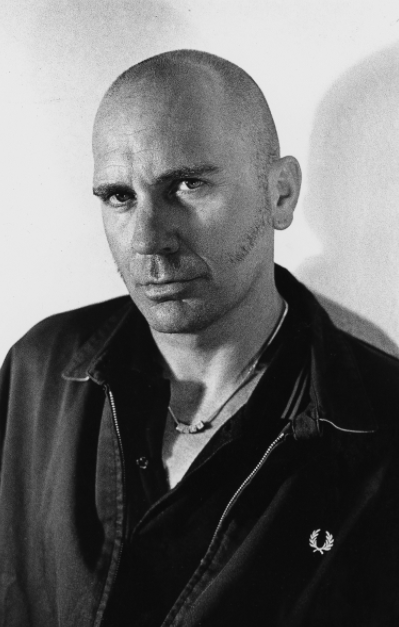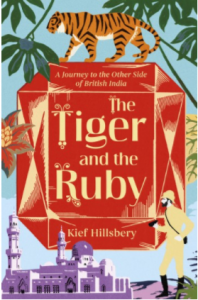
What the clerk in East India Company

Nigel Halleck, son of a Coventry-based lawyer, after serving over a decade as a clerk in the East India Company, he went turned his back on the imperial project, in 1840s India. His descendant Kief Hillsbery arms himself to find some answers. His grandmother’s tale of a long-lost cousin that sparked his interest around Patagonia.
A century-and-a-half later, Hillsbery, his nephew went to Nepalese palace which was closed to foreigners until 1940s, and his research unearthed the events of three decades between 1850-1878, as Nigel was the guest of King Jung Bahadur, a former bodyguard who took the throne in a spree of blood-letting butchery. Hillsbery, who defied the saying “ There are travellers who can’t write and writers who can’t travel”, and fortunately he can do both, as his own journey to the east having promised his mother that he would search for the final resting place of their ancestor. He weaved together a clash of civilisations in history and a moving tale of one man against an empire. Hillsbery’s key informant was an eccentric Russian called Boris, an insider to Nepal’s insular Royal family in the 1950s and one-time ballet dancer, and a deceased Nepalese field-marshal, who had left a library of 35, 000 books.
From Nigel’s royal Kathmandu retirement, Hillbery, tracks down his ancestor via various posts in the Punjab, Bihar and Dacca, in the “Asiatic Rome” of Kalkatta.
Jung Bahadur’s friend is also an Afghan prince (Sa’adar al-Mulk) a hunter of Bengal tigers, book-keeper in an opium warehouse. The Tiger and the Ruby expose the historical and biographical romp through Britain’s imperial past and reveals a man with modern sensibilities, who “threw down the white man’s burden and boldly went to where he was not supposed to go”. His portrayal of empire-building at a critical juncture in Britain’s majestic past.
For two-and-a-half centuries, the East India Company had dominated and grabbed what it could amass. It was rumbustious, despicable and most concerning for the Crown – ill-governed affair.
Traders were allowed to pursue profit as they pleased, with their own armies, to boot. Soon after the Indian rebellion of 1857, London stopped this, as British interest was put first and India’s millions are met with the government for the people, or dominion over the people. Hillsbery, gives attention to John Nicholson, and Henry Lawrence, a trusted governor and Lord Dalhousie.
The Tiger and The Ruby: A Journey to the Other Side of British India by Kief Hillsbery, Oneworld £18.99, 288 pages.

